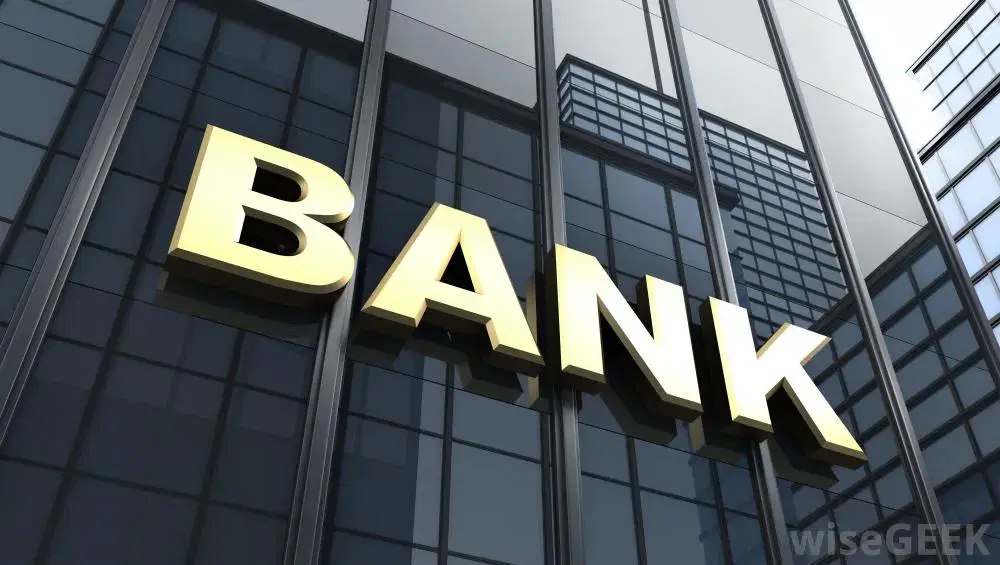Banks’ credits to the private sector (CPS) increased by 33.6% Year-on-Year (YoY), reaching N75.5 trillion in July 2024, up from N56.5 trillion in the same period of 2023, signaling positive prospects for economic recovery.
CPS encompasses loans, trade credits, and other receivables provided by banks to private sector operators over a specific period. It serves as a global benchmark for assessing the banking sector’s balance sheet resilience and its contribution to national economic activities.
David Adonri, Financial Analyst and Vice Executive Chairman at High Cap Securities Limited, remarked on this development, stating, “This is a good development for the economy. The critical issue now is the interest rate; the Central Bank of Nigeria (CBN) has a significant role to play.”
He emphasized that the increase in private sector credit is a vital boost for the economy, highlighting the correlation between credit to the private sector and economic growth. “Increased lending by banks directly contributes to the growth of Gross Domestic Product (GDP),” he noted.
Adonri added that the trend in private sector credit could persist if the Monetary Policy Rate (MPR) is lowered. He urged the apex bank to reduce the MPR now that inflation is gradually decreasing.
In the second quarter of 2024 (Q2’24), banks’ credit rose by 2.8% to N73.2 trillion, up from N71.2 trillion in the first quarter (Q1’24).
Additionally, the CBN’s Money and Credit report revealed a substantial rise in bank deposits during the first half of this year. Demand deposits increased from N26.7 trillion at the end of December 2023 to N33.0 trillion by June 2024.
Banks have consistently experienced steady growth in deposits this year, with total demand deposits rising by 8.1% to N28.9 trillion in the first quarter ending March 2024, followed by a 14.3% increase to N33 trillion in the second quarter ending June 2024.

